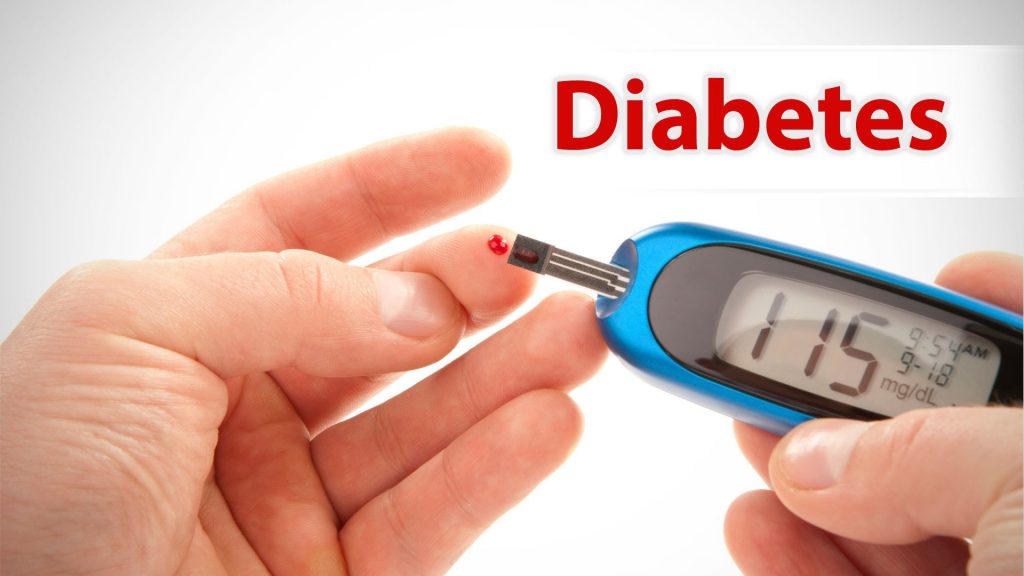Type 2 diabetes is a chronic disease. It affects millions of people around the world every year. Some signs of diabetes are obvious, and most people are aware of it, while some do not have any symptoms.
The onset of diabetes is associated with excessive hunger, frequent urination, fatigue and irritability. Apart from these major signs, some warning signs are also found in the mouth.
Oral health reveals a lot about overall health, including blood sugar levels.
Dry mouth: – One of the earliest and most common symptoms of type 1 and type 2 diabetes is dry mouth. There is a feeling of thirst all the time. One may feel the need to gulp down water in one go. However, the reason why an increase in blood sugar level makes a diabetic patient feel thirsty is still not clear. But, according to some theories, it may be due to some diabetes prevention medicines. Symptoms of dry mouth include rough or dry tongue, lack of moisture in the mouth, chapped lips, sores in the mouth, difficulty swallowing or chewing.
Gum disease– Dry mouth also affects the saliva around the teeth and under the gums. As a result, the amount of sugar in the body increases, which leads to the formation of germs and dental plaque. It irritates gums and causes gum disease, tooth decay and tooth loss. Gum disease is more common in uncontrolled diabetes. Having gum disease is a sign of poor blood sugar level. It include red, swollen, sore, bleeding gums, loose teeth, bad breath or bad taste in the mouth.
Loss of teeth– Gum disease can cause tooth loss in patients suffering from diabetes. The plaque around the gum loosens the grip around the teeth, which can damage the tooth. The risk is even greater in old age and those who do not take care of oral health. Common symptoms of tooth decay include swelling, gum pain, toothache.
Avoid measure: Diabetes patient attached to the health of the mouth to prevent Pecidigyon should take into must control their blood sugar levels. Apart from that, it also becomes necessary to consult a dentist. In most cases of diabetes, the focus is on foot and eye care, while dental care is often put aside, which exacerbates oral problems.
